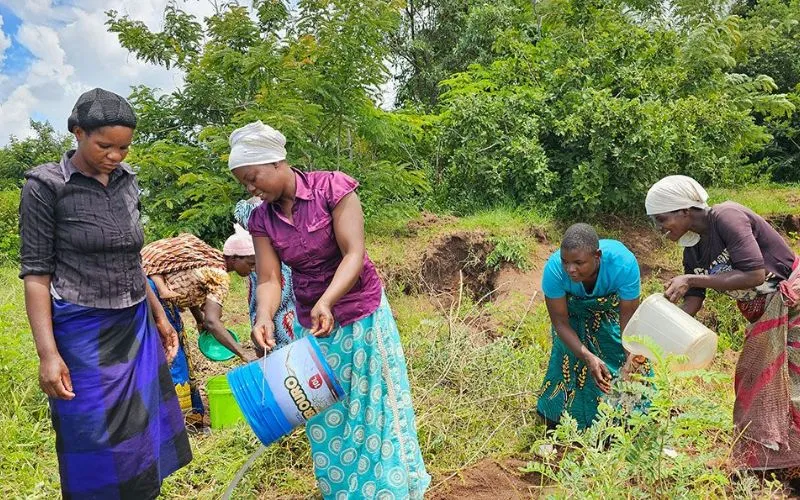Blantyre, 21 March, 2024 / 6:42 pm (ACI Africa).
It has been a year since Tropical Cyclone Freddy hit southern Malawi causing a massive destruction of homes, and yet most of those homes have not been repaired, an official of Trócaire, the overseas development agency of the Catholic Bishops of Ireland, has said.
In her visit to witness Trócaire’s work in the Southern African nation, Claire Kelly, the entity’s head of communication also observed that some of the more than 1200 people that the storm killed “have not been recovered from under mudslides.”
The storm “damaged or destroyed more than a quarter of a million homes and in one year only a fraction of those homes have been able to be restored due to lack of funds,” Ms Kelly said in a Tuesday, March 19 report.
Linking the storms that have hit the country including the 2022 Tropical Storms Ana and Gombe to changing weather patterns emanating from climate change, the Trócaire official said that most affected communities are also struggling to get food and clean water.
Recounting her experience during a visit to an affected village in the country’s Machinga District, Ms Kelly said, “The community relies almost entirely on what they produce on their small piece of land as their source of food.”








